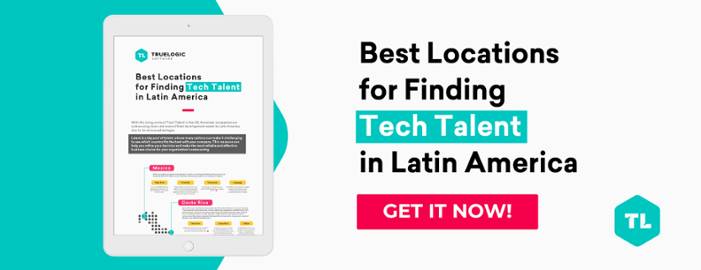The growing power of AI has Captcha - which stands for Completely Automated Public Turing test to tell Computers and Humans Apart - constantly on the defense.
How to keep outwitting the machines we make ourselves? That, it seems, is the modern question.
Captcha was originally created to help websites block non-human activity, but the rise of AI has made this a growing challenge. Three years ago, Google threw Captcha in the bag and replaced it with the "I'm not a robot" button.
In 2013, Captcha was famously broken by the AI startup Vicarious, sending programmers scrambling for ways to deepen the human/robot divide.
Captcha itself is not without its problems - a 2010 study found that human beings answer correctly only 71% of the time. Compare that to the 67% success rate by AI, according to a new study published in Science, and things more or less come out equal.
So what's the future of Captcha? Good question. Facebook will reportedly soon be asking users to upload a photo of themselves for a sophisticated Captcha check. They're even said to be blocking users from some account features until they do it.
A Facebook spokesperson told Wired the project is meant to “help us catch suspicious activity at various points of interaction on the site, including creating an account, sending Friend requests, setting up ads payments, and creating or editing ads.”
They're not the only ones exploring facial recognition as a way to beat the bots - Apple's new iPhone X authenticates by way of Apple Face ID, for example.
According to Science study co-author Scott Phoenix, co-founder of Vicarious, no matter what new tech we come up with, AI will probably eventually be able to crack it.
“In the long arc of history, artificial intelligence eventually is able to do all the things that humans are currently able to do,” he told Public Radio International.
“And so yeah, I think there will be this ever-increasing set of tasks that AI can do and these ever-rising level of tasks and challenges that we give our robot or computer companions to attempt for us.”
